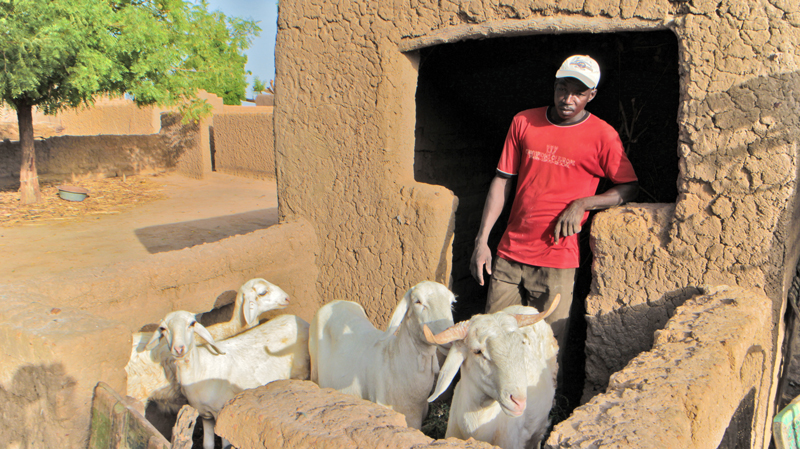FAO and IFAD dialogue on importance of pastoralism and land tenure for investments

The COVID-19 pandemic reaffirmed the need for multi-sectoral collaboration to address health risks caused by zoonotic diseases at the human-animal-environment interface, making clear the importance of a global approach to prevent emerging infectious diseases.
It is against this backdrop that the FAO Investment Centre and the International Fund for Agricultural Development (IFAD) organized four virtual knowledge-sharing events to strengthen their collaboration.
The third virtual knowledge exchange event was held on 12 November dubbed ‘Nexus between pastoralism and land tenure,’ to exchange experience and the various tools developed by IFAD and FAO. The previous two seminars were on One Health and on Assessing carbon emissions of pig production systems.
‘COVID-19 pandemic has created movement restrictions affecting pastoralists, thus increasing conflict on natural resources access with local farmers. It is therefore important that we collectively propose solutions that are inclusive and keep pastoralists at the forefront,” noted by John Pressing, FAO Investment Centre Deputy Director, during the online event.
Role of geomatics technology and participatory approaches for security of tenure
Participatory mapping of land and the use of digital geospatial technologies, combined with wide inclusion and participation of local communities contributes to improving security of land and resources tenure and management. It has the potential to improve security of right to access and impact the success of investment interventions.
The GeoTech4Tenure was showcased at the webinar, being a capacity building initiative led by IFAD and carried out jointly with FAO on linking digital geospatial and tenure data with community discussion as a means of improving land governance and decision-making. It shows that it is important to involve women and youth in the process, and that there is clarity on what happens to the information once it is made public.
A brief video on the FAO Open Tenure mapping tool was presented as an example of affordable geospatial technology, combined with inclusive and participatory methodologies. The video exhibited the use of the tool piloted by a community of monks in Cambodia for the protection and management of the forest tenure and of other natural resources under their custody.
“Pastoral areas are complex and have different layers of tenure; therefore interventions need to target all these layers. Linkages between global to local levels are being strengthened. Virtual tools as well as e-learning courses have further supported this,” said Harold Liversage, IFADs Lead Technical Global Specialist.
Therefore, fit-for-purpose modern technologies and participatory approaches can help democratize and decentralize land governance, land administration, land management and land use planning - including pastures resources. This empowers the local communities, women and youth in rural transformation efforts, following recommendations of the Technical guidelines for improving governance of pastoral lands, under the Voluntary Guidelines on the Responsible Governance of Tenure of Land, Fisheries and Forests.
FAO and IFAD will continue to use such tools to strengthen security of tenure, and promote measures for improving tenure rights as a fundamental building block for investment interventions.
The next webinar on innovative rural poultry development models will be held on 15 December. From Africa to Asia and the Pacific region and the USA, FAO and IFAD will explore the scope for replicating successful business models represent an interesting opportunity also in the framework of South-South and Triangular cooperation.
